Students may often find themselves wondering if their energy drink cans, instant ramen packets or other materials can be recycled. Unsure if the item is recyclable, they either throw it away or risk contaminating the recycling bin by recycling it. As this uncertainty is harming the recycling collection, it’s important for students to know how to contribute to Washburn’s recycling program the correct way.
It may not be easy or intuitive to adjust to a recycling policy, but Washburn has some great resources available to students who would be interested in learning more. Documents of acceptable and unacceptable materials, like the ones provided in this article’s gallery, give students a good idea of what is recyclable and what is not.
There are a few more in-depth rules that students should follow when recycling at Washburn.
One of the most important and universal rules of recycling is that no liquids or food material should be placed into the bins. Only dry, clean materials are allowed. The reason for this lies in how the recycling compactor sorts through the material.
Kris Hicks, facilities services energy and sustainability coordinator, explained how the compacting process is affected by residue.
“There are stages of how the compactor takes material out,” Hicks said. “The paper comes out first, and it’s blown. So if the compactor is all gummed up from liquids and food waste, the paper doesn’t get blown into the proper place. And then they’ve got magnets to take out the steel and optical sorters that take out other things along the route. But the paper comes out first, and if it’s not lightweight paper, that process doesn’t work.”
During her 11 years at Washburn, Hicks has repeatedly seen students make this mistake, especially with coffee cups, greasy pizza boxes and half-empty soda cans.
“We get a lot of coffee cups. The coated cups aren’t recyclable, the lids aren’t recyclable and the coffee inside ruins the rest of it. So the big message is, yes, we can recycle. But we need to do a way better job of informing people how to do it correctly,” Hicks said.
Washburn collects recyclable material under Shawnee County’s recycling program. The university provides a single-stream collection, which means that all recyclable material is collected in only one bin, rather than separate bins for different materials.
Although this makes recycling easier for people by not making them sort their materials, many people take it as freedom to put anything into the bin. Chris Preister, junior environmental biology major and biology club collaboration coordinator, agrees that, although students are trying to recycle, some people simply haven’t been educated enough on how to do it properly.
“There’s this thing called ‘wishcycling,’ where you just kind of will an item to be recycled,” said Preister. “It’s like, ‘I’m just going to throw this in the recycling and now it’s recycled; I feel better.’ But it’s better to just become a little bit more educated on the topic.”
Thus, it’s important to examine a material before tossing it in the recycling bin, especially when it comes to plastics. Numbers located in a triangle with three circling arrows, usually on the underside of a product, indicate which type of plastic was used to make the product.
Washburn bins only collect plastics No. 1, 2 and 5, therefore do not place plastics No. 3, 4, 6 or 7 in the bins. The seven different plastics have different chemical properties that if mixed will ruin the plastic to be reused.
Other items to pay attention to that cannot be placed in the bins around campus include batteries, grocery bags, Styrofoam, glass, light bulbs, shredded paper, food waste, used motor oil, herbicides and pesticides, leftover paint cans, food-contaminated aluminum foil and food-contaminated paper plates.
Some of these items can be recycled elsewhere, however. Facilities Services collects batteries (lead acid, nickel and lithium), scrap metal, fluorescent lamps, antifreeze, motor oil, tires, paint, wood pallets and yard waste and brush. The IT department will dispose of any unwanted electronics. Many grocery stores, such as Walmart and Target, collect plastic grocery bags, oftentimes as well as No. 4 plastics, which are stretchy and film-like. There are a few Ripple Glass bins located in and around Topeka, the closest one to Washburn, located at First Congregational Church at 1701 SW Collins Ave.
If one is unsure of whether an item can be recycled or not, the safest thing to do is not recycle it. If it’s placed in the bin, there’s a chance the whole bin could be contaminated.
“A big part of the recycling on campus is that we need cooperation from the students to not contaminate that stream. Because if you contaminate it, it ends up in the trash,” Hicks said.
There are a couple of additional things to keep in mind while recycling at Washburn. First, be sure to break down cardboard boxes before placing them in the bins. This will maximize space in the recycling bin, make it easier to transport to the recycling center and will avoid causing problems for recycling machinery. Secondly, lids can be left on containers to be recycled with them.
Both Hicks and Preister urge students to try to follow these rules so that as much recyclable material as possible can live to see another use.
“Just try and recycle, try and be mindful. Don’t just throw everything away. A lot of things have a secondary purpose you can use them for after they’ve done their first. You can make little flower pots out of water bottles or something like that. You can go on YouTube and look at ways to reuse common items. Learn about the recycling opportunities around your neighborhood. Learn how to do it and find what is available for you,” Preister said.
Hicks emphasizes that people should try to reduce their overall use of unsustainable goods so that less material has to be recycled in the first place.
“You’d be better getting something that’s more sustainable and not a plastic throw-away container. Use durable goods, use glass, use ceramics, use something that you don’t have to recycle. Because recycling is not the answer. Reduce and reuse is the answer,” Hicks said.
To learn more about Washburn’s recycling services and sustainability practices, visit https://www.washburn.edu/faculty-staff/campus-services/facilities-services/campus-sustainability/index.html or contact Kris Hicks at 785 670-1132. To learn more about recycling in Shawnee County, visit https://www.snco.us/sw/recycle_residential.asp.
Edited by Aja Carter and LeSha’ Davis





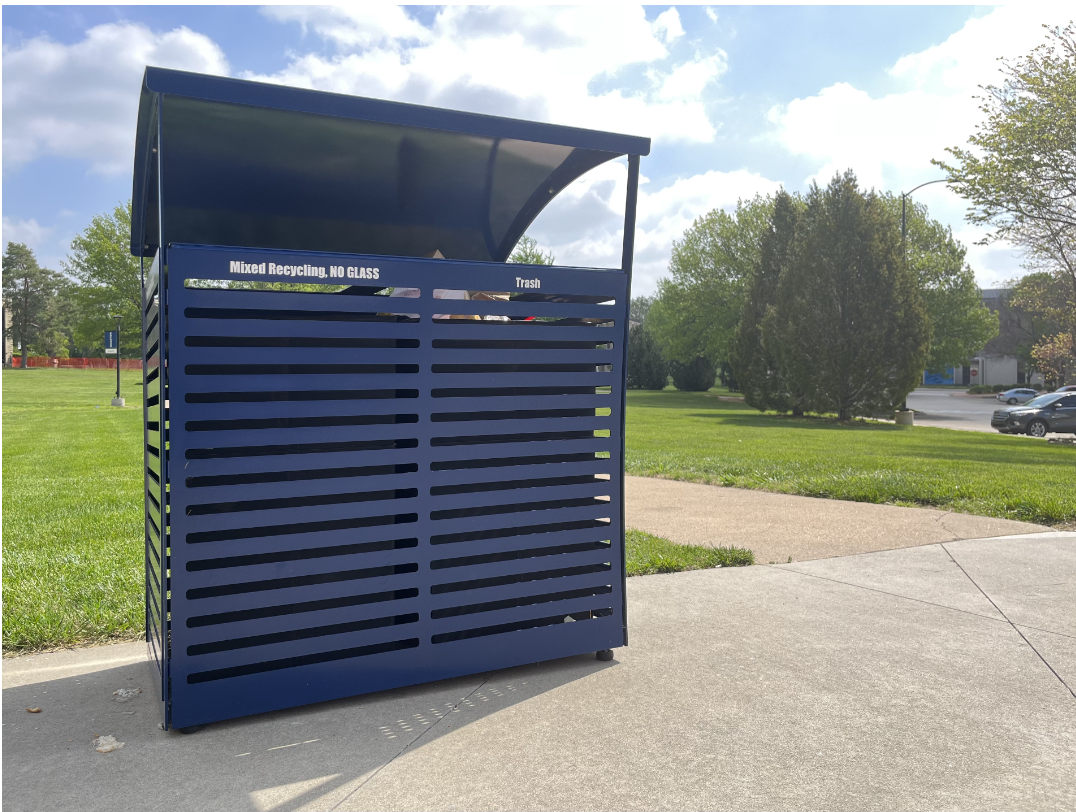
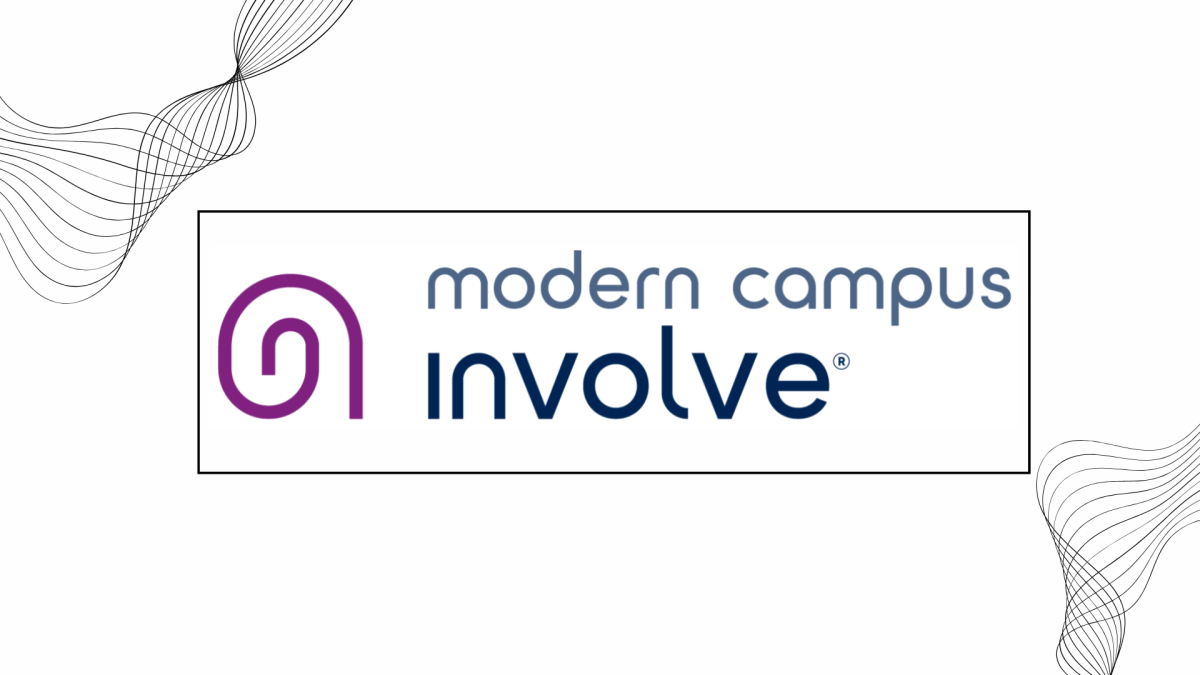
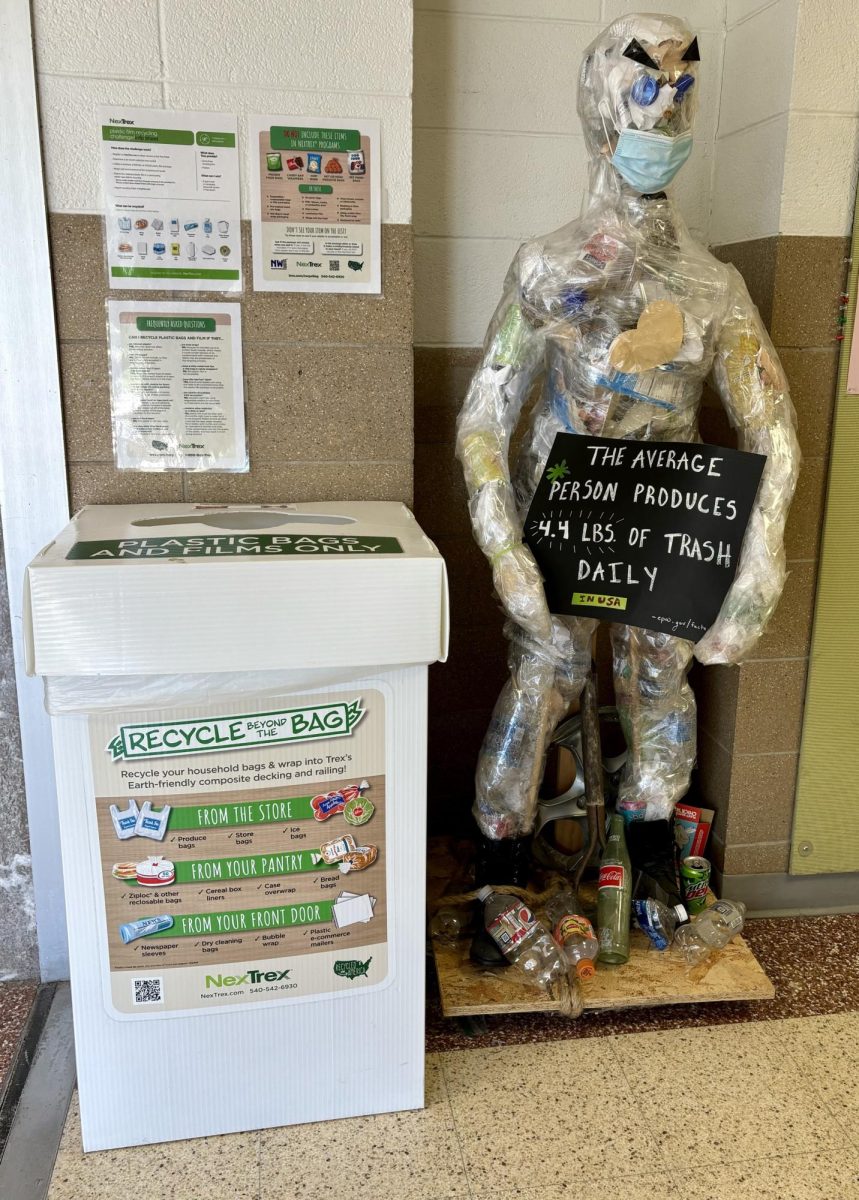
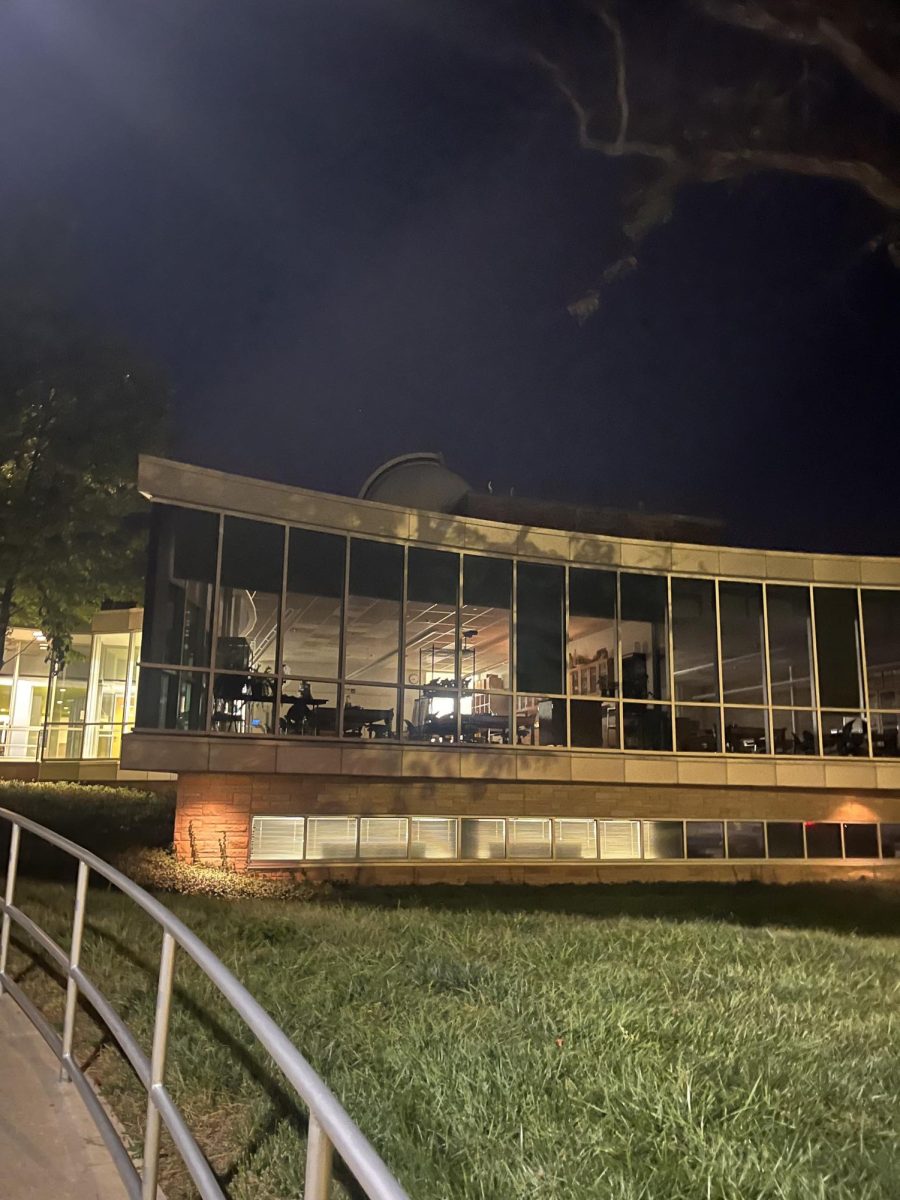
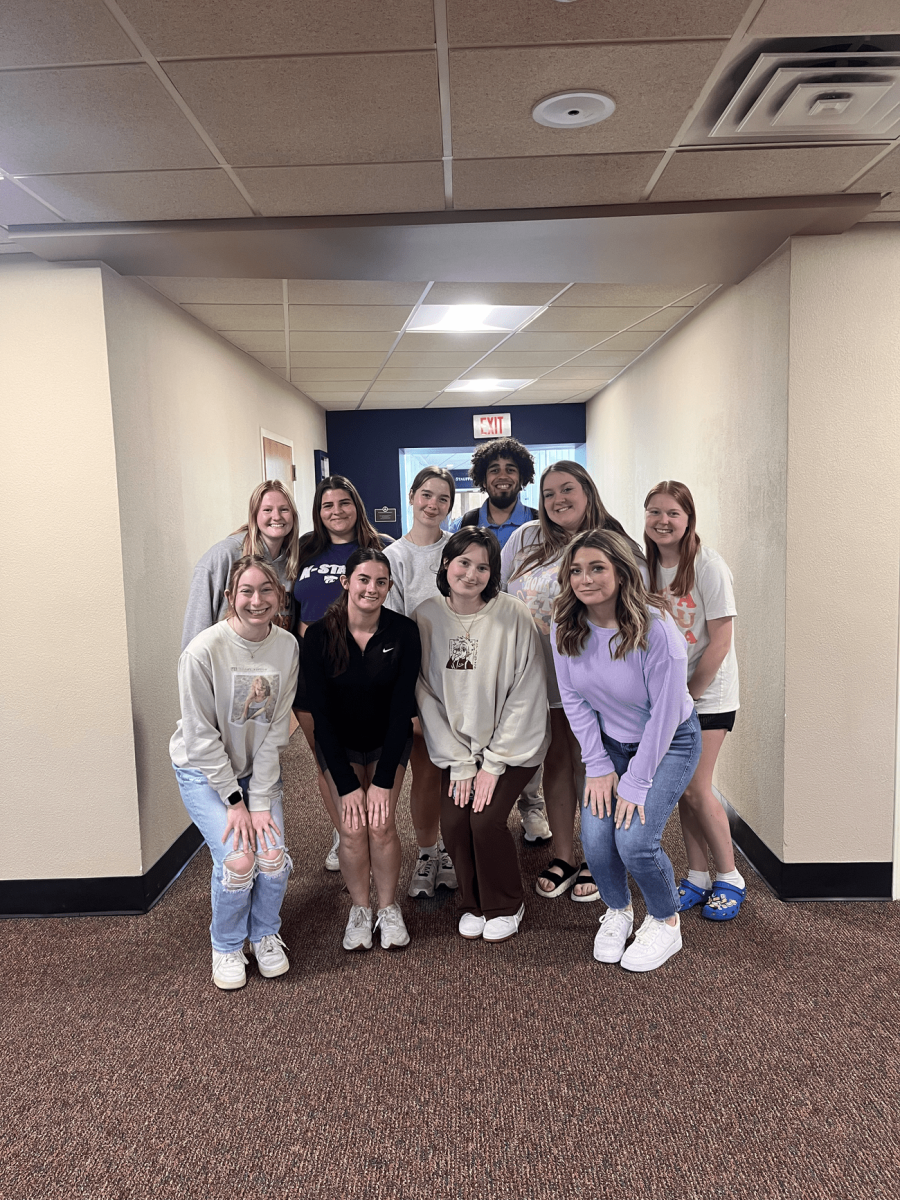
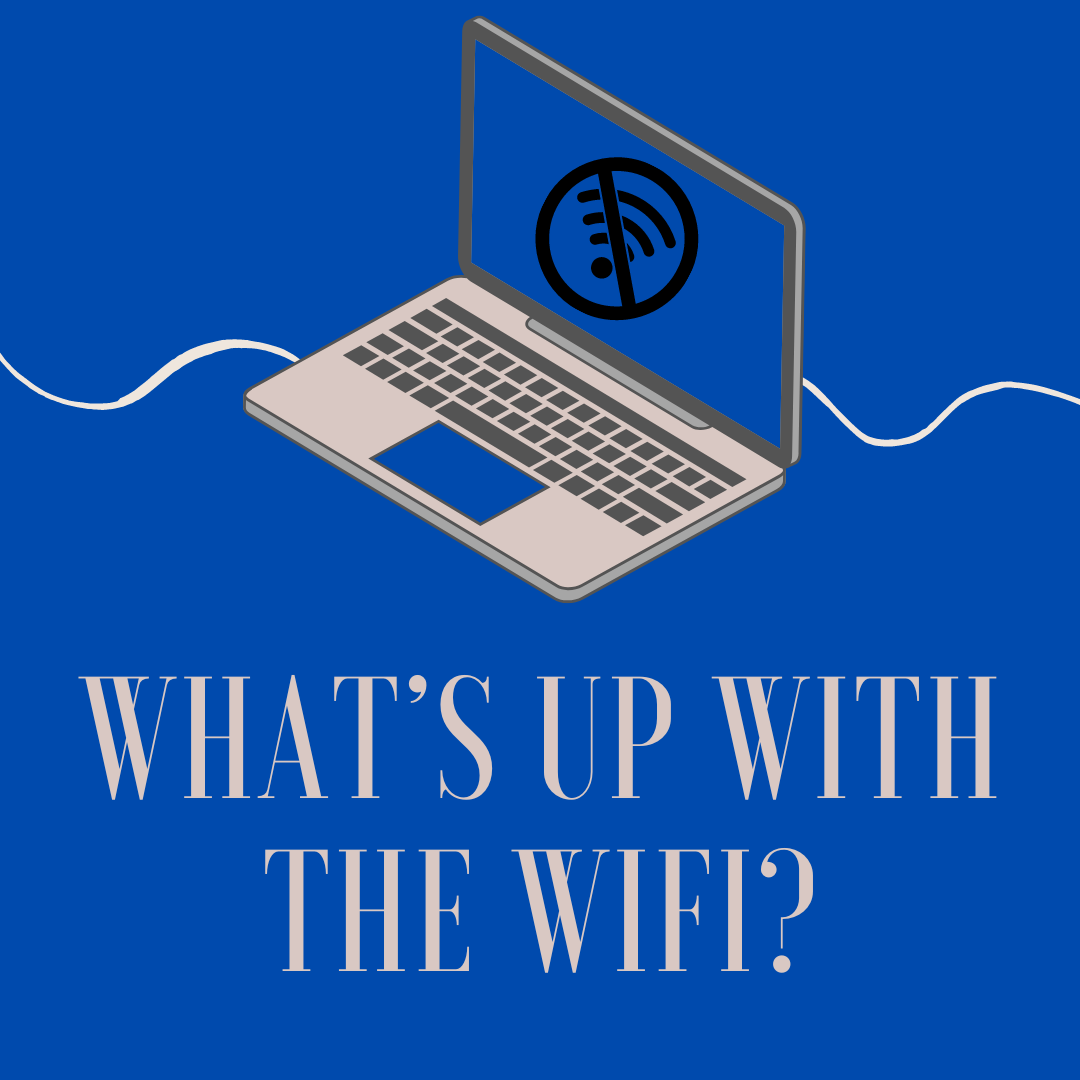
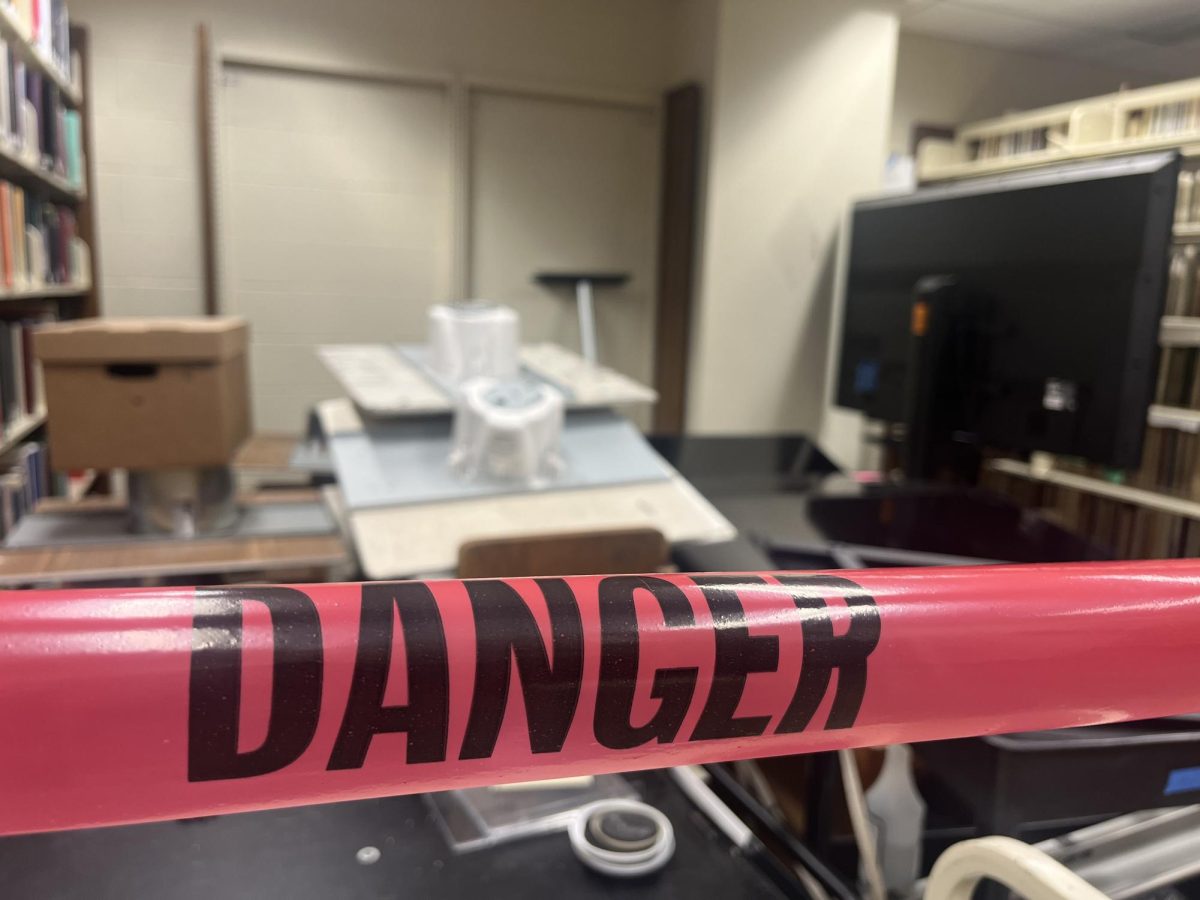
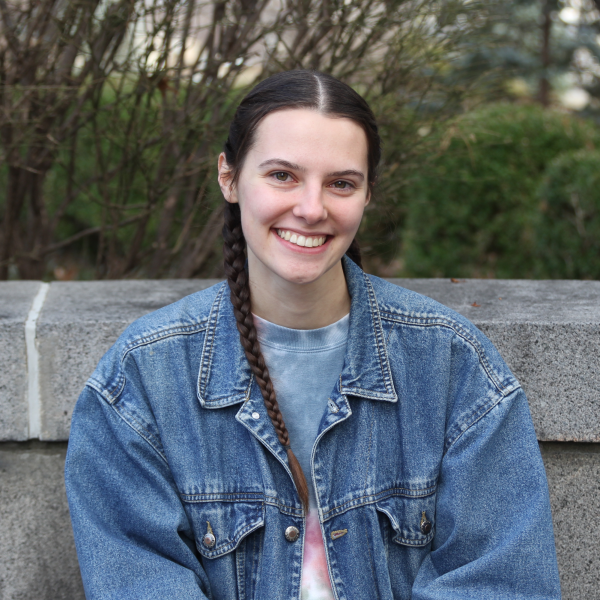
Lori F. • Aug 24, 2023 at 2:42 pm
It’s First Congregational Church, not “Congressional.”
LeSha Davis • Aug 25, 2023 at 12:09 pm
Thank you for your response, we have fixed the issue.